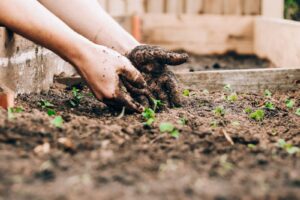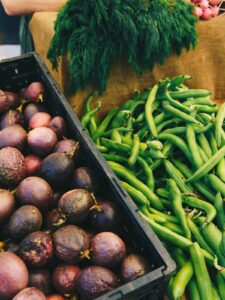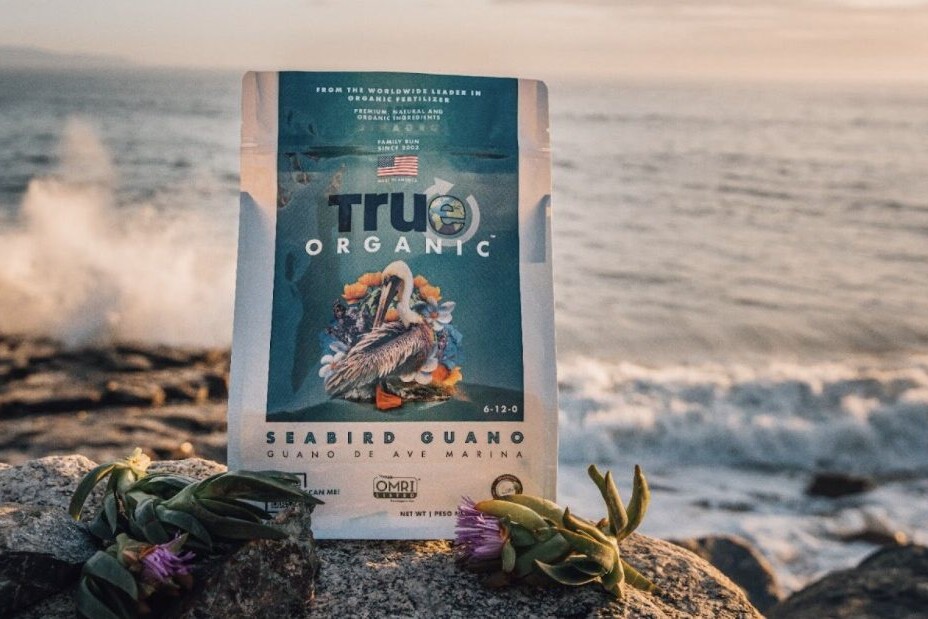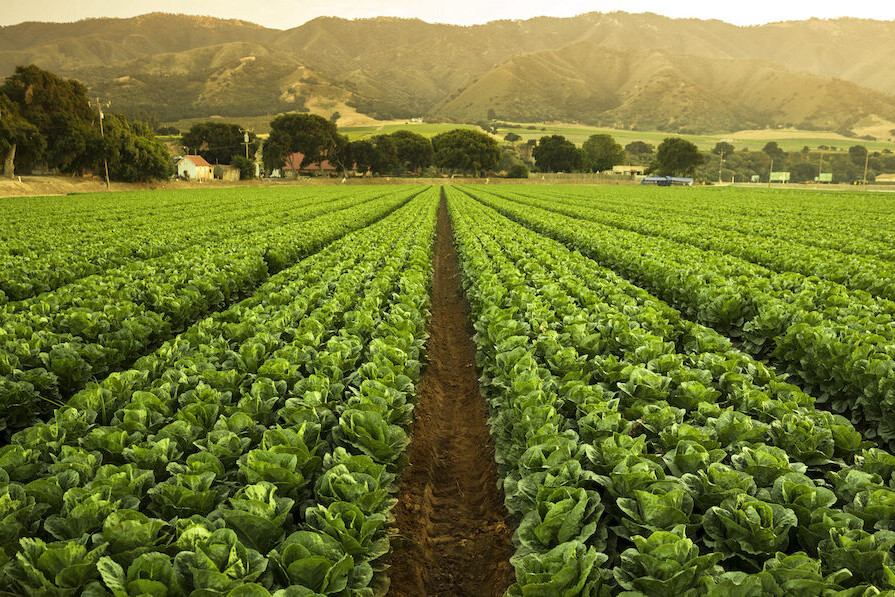June 6, 2022
Food Safety for Safer Edible Gardening
Food Safety Standards for Safer Edible Gardening
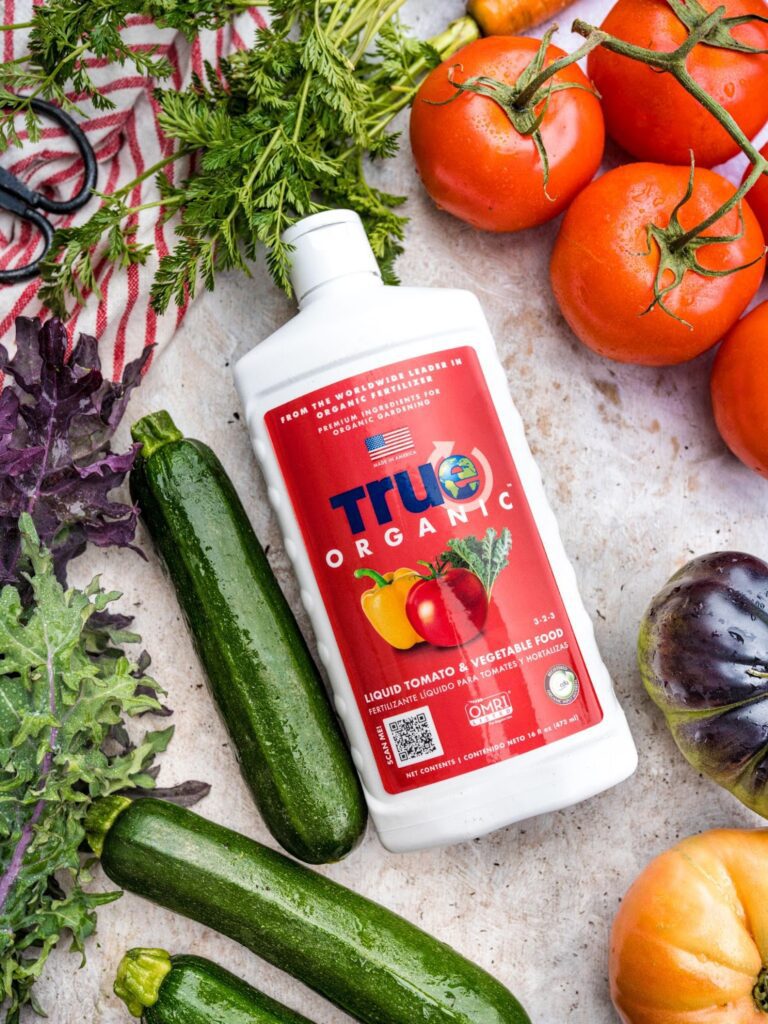
Food safety might not be something that crosses the mind of most home gardeners, but let’s put it into perspective.
All food products are tested to make sure they are pathogen-free. That way, consumers trust that the romaine lettuce bought from the market and the chicken fingers your kiddos love are safe. Restaurants, food manufacturers and processors are all expected to have food safety measures in place for the same reasons.
Shouldn’t all the same standards apply to products that come into contact with our food? That’s our philosophy at True Organic.
17 Years of Industry Standards
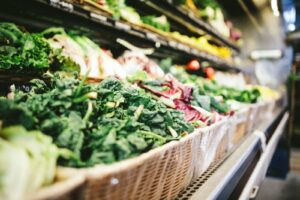
“We consider ourselves part of the food chain —so whatever a food manufacturer is doing, we are doing something equivalent,” says Mike Menes, True Organic’s VP of Food Safety and Technology.
Why Food Safety?
Much of the food you grow in your home garden is eaten raw, so whatever comes into contact with the edible part of the plant ends up in your salad.
If you’re eating what you’ve grown in your garden, the fertilizer you’re using comes into contact with your food. Which means that pathogens that can be transferred by untreated or improperly treated inputs including plant and animal byproducts, so rinsing or washing those items you pick in the kitchen sink just doesn’t cut it.
Every one of True Organic products is ISO 22000 food safety certified for safer edible gardening. What does that mean for you? Let’s take a look at some important parts of our wide-ranging food safety program.
Believe it or not, there are no regulatory standards regarding food safety and pathogen testing in the retail consumer fertilizer industry! But at True Organic, food safety has been part of our mission and our methods from the very beginning.
Understanding ISO 22000 & Bureau Veritas
Bureau Veritas is the third-party certification partner that audits every part of our manufacturing methods — from facility practices to packaging. Founded in 1828, Bureau Veritas is a world leader in testing, inspection, and certification services.
Read more about Bureau Veritas and their globally renowned standards.
ISO 22000 is the food safety management system that True Organic uses. ISO 22000 sets out the requirements for what an organization needs to do to demonstrate its ability to control food safety hazards in order to ensure that the product is safe. Currently, there are no food safety manufacturing standards for organic fertilizers and True Organic opted to follow a food standard that could be applied to our process. We chose to pursue ISO 22000 because of their reputation, applicability, and the international relevance.
Read more about the ISO 22000 standards here.
True Organic’s Industry-leading Practices
We have established some very unique practices to ensure that our methods go beyond the minimum standards and bring you the safest and highest-quality plant foods on the market.
HACCP Plan
A Hazard Analysis and Critical Control Points (HACCP) is another type of management system that we have in place. Unique to industry and facility, a HACCP plan is a crucial part of addressing safety through the analysis and control of biological, chemical, and physical hazards. This plan includes every step of our process, from raw material procurement, storage, and handling, to manufacturing, distribution, and even consumer use.
Process Separation & “Kill Step”
Just like you are sure to wash your hands, knives, and cutting board after handling raw meat, we ensure that the handling of raw materials is separated from every other step of the manufacturing process.
The “kill step” is a food safety term for putting materials through high heat to “cook” off any pathogens. This is a crucial part of the process that can be compared to washing a cutting board and cooking the meat in your kitchen.
The fact is that many animal byproducts are time-tested fertilizing agents. Ingredients like guano, manure, blood, and bone have been used as powerful agricultural fertilizers for centuries. (Seabird Guano is a prime example. Learn more about our Seabird Guano and how we ethically and safely harvest it.)
Start-to-Finish Oversight
From start to finish, we are in control of the product that makes its way to your garden. We like to think of it as “source to soil” transparency. This continuity and ownership gives us visibility into and control of every single step of the process, which is not the case when a company uses dispersed third-party partners to source, manufacture, or package their product. We know exactly what goes into True Organic plant foods and exactly what’s in each package.
Company Commitment
“This commitment has 100% backing from the top down,” says our food safety expert, Mike Menes. “It’s aligned with the vision and direction of True Organic and [our founder] Jake Evans.
In fact, Mike came to True Organic from a long-time career in food safety testing. He’s expertly transferred that knowledge to our organic fertilizer manufacturing to ensure that our safety standards are top-of-the-line.
We think our most powerful tool to guarantee food safety for our customers and their families is our team’s commitment to quality and safety. We hope to lead the way in our industry toward a culture of food safety, so you have one less thing to worry about when it comes to choosing how to nourish your garden.
Read More Articles by True Organic
What’s So Great About Seabird Guano?
November 29, 2021
June 23rd is National Soil Health Day
June 25, 2021
True Organic Inside Scoop with Justin
October 25, 2021
Show us your True Organic Plants
#GrowWithTrue
www.trueorganic.earth

